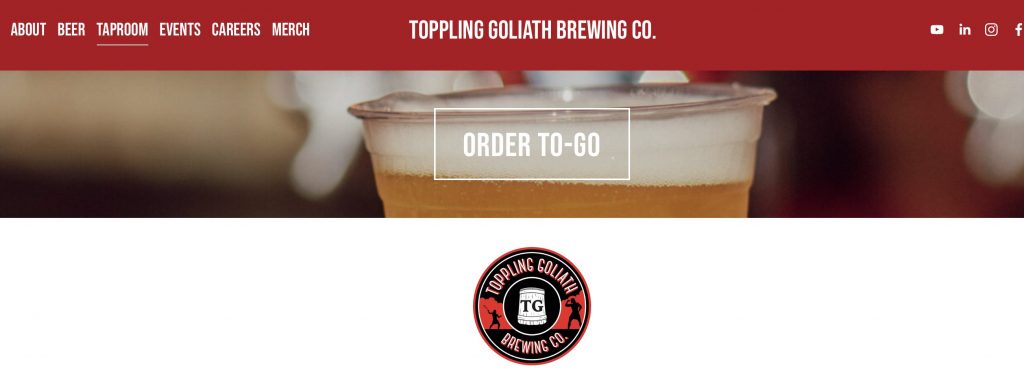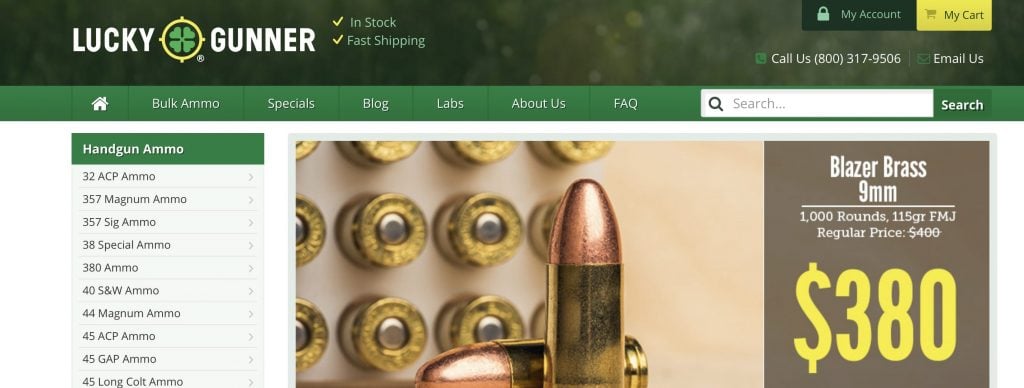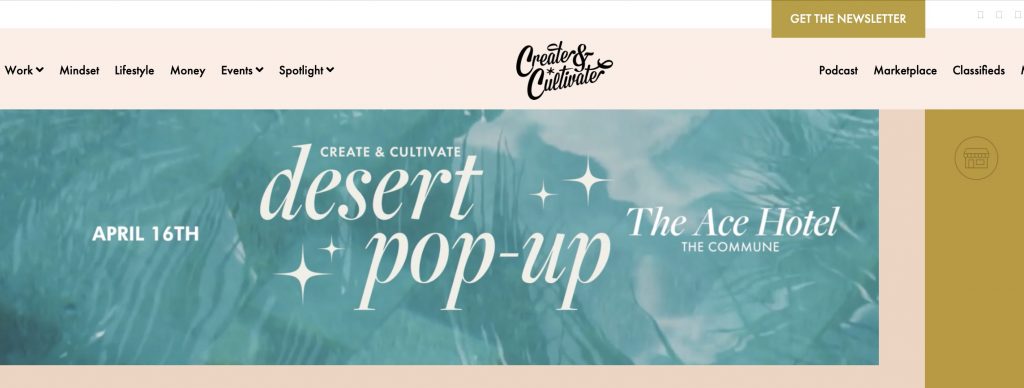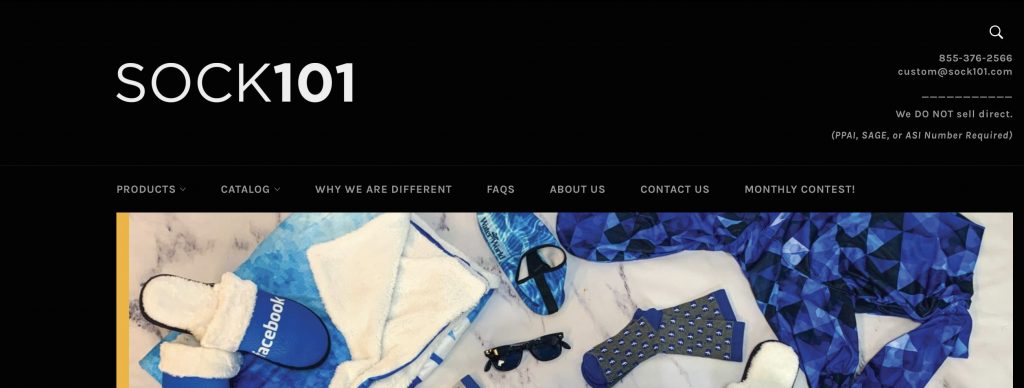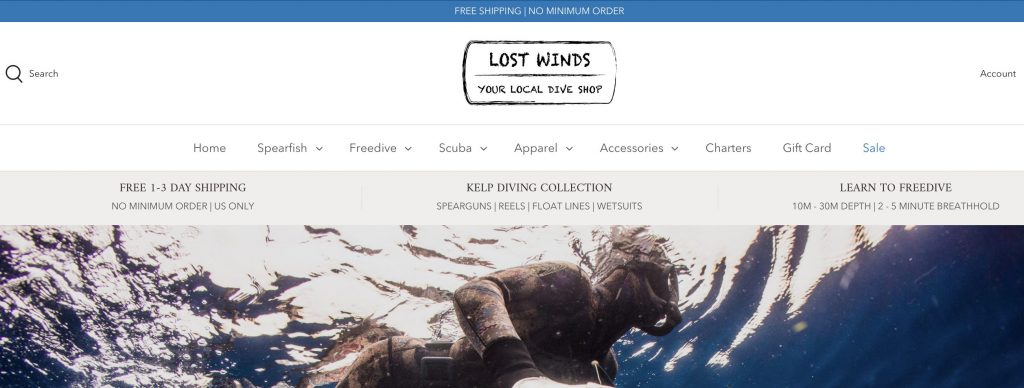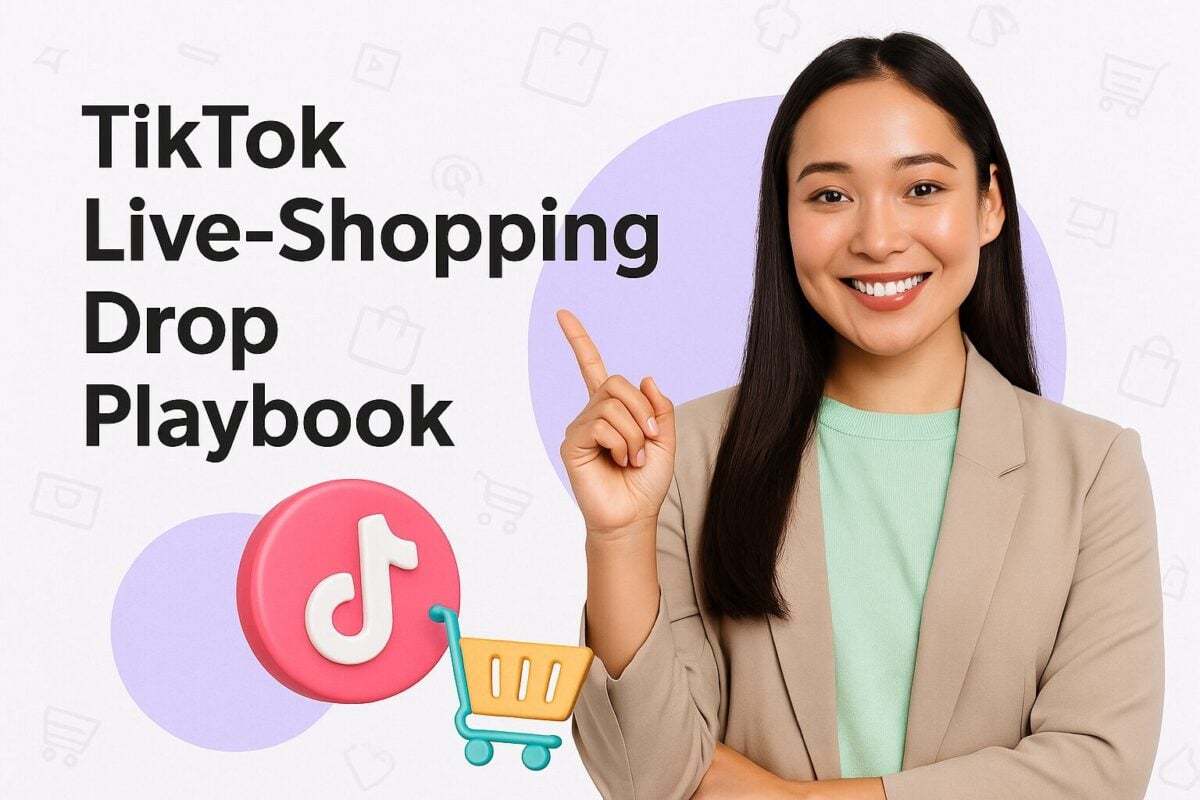Weebly is one of the best eCommerce website builders for small to medium-sized businesses. Thanks to its drag-and-drop tools, you need no coding knowledge to create a website and, unlike similar tools such as BigCommerce and Shopify, it doesn’t necessarily need to be an eCommerce site.
That being said, even though you can use it for any type of website, it’s still one of the most popular website builders for eCommerce sites. Plus, it’s not only smaller brands that turn to Weebly. There are a number of big, well-known businesses that have used Weebly for their website.
If you need to design a new website from scratch or it’s time for a redesign, here are examples of what other eCommerce businesses have done with Weebly. Your main focus doesn’t necessarily need to be a product. Online courses, memberships, and tickets are also proving popular items to sell online.
15 Websites Using Weebly:
1. Toppling Goliath Brewing Co
Based in Iowa, Toppling Goliath Brewing Company was founded more than a decade ago. From humble home-brewing beginnings, they’ve grown the company to a brewery that’s known around the globe for barrel-aged stouts and IPAs. As a matter of fact, their Kentucky Brunch Brand Stout has held the title of number one beer across the globe for the past six years. What’s more, Beer Advocate has named them the second-best brewery in the world.
2. Eyeconic
If you’re selling reading glasses, contact lenses, and sunglasses, you better make sure that you’re one of the best eCommerce websites to look at. Founded in 2011 by a not-for-profit organization, Eyeconic has grown its web sales for the last 12 months to between $50 million and $100 million, according to PipeCandy. On average, their website attracts about 240,000 unique monthly visitors.
Thanks to the ample use of white space, nothing feels cluttered which makes it easier to see the different calls to action (even without your glasses). Plus, the intuitive navigation makes it easy to find the glasses that you’re searching for. You can, for example, search by brand or gender or use the search bar if all else fails.
3. Kellyco
Kellyco Metal Detectors started way before the internet, much less online shopping, was born. As a matter of fact, their first sale took place via the boot of the founder’s car more than 60 years ago. Fast-forward to 2022 and they’ve grown their web sales to between $5 million and $10 million for the last year, according to info shared by PipeCandy. While their website traffic might not be that impressive (PipeCandy estimates it at about 40,000 unique monthly visitors), it’s definitely much more than what a parking lot will be able to handle.
Today, they’re regarded as the world’s biggest D2C supplier of metal detectors. Their customer service has also bagged them several awards.
Searching for lost treasures on a nearby beach might be considered as fun by their target audience, but the same can’t be said for when you need to get a metal detector. So, to ensure that it’s straightforward to find the right metal detector, they’ve listed the different available metal detectors by brand and category. They’ve also added a number of product guides to make the whole shopping experience easier.
4. Lucky Gunner
Lucky Gunner was founded in 2009 after a few guys were unlucky after they tried ordering ammo online. Their credit cards were charged, but their package didn’t show up weeks after the order was placed. To make matters worse, the customer service department was also unresponsive.
One of the reasons for this unsatisfactory experience was that backorders were a common problem. So, when they designed their online store, they made sure to include a live inventory tracker on each product page. This way potential customers could see exactly how many units per product were currently available. If a specific product was out of stock, the product page will get hidden automatically. As a matter of fact, they were the first online ammunition store that used a live inventory system.
However, their online store has also attracted a fair share of controversy and criticism. Lucky Gunner was accused of selling ammo online to a number of mass shooters. So, their case study can serve as a reminder to ensure that you have the necessary safety steps and documentation in place when you’re selling online.
5. Radley
Founded in London in 1998, Radley’s target audience is women in search of handbags and accessories that are both stylish and functional. If you’re searching for an example of how to use an icon that can represent your brand, be sure to check out their online store. Their store’s mascot, a British-looking Scottie, not only features on their website but has also been immortalized as an accessory in the shape of a small bag charm. And, as dogs are also a woman's best friend, they’ve made sure to include dog accessories in their product range too.
While they’ve managed to create a strong online presence (PipeCandy estimates their web sales for the past year at between $10 million and $25 million), they didn’t stop focusing on their brick-and-mortar presence. At the beginning of 2022, they relocated to a bigger unit. Thanks to this move, they'll now be able to grow its product categories to footwear too.
6. Sourcebooks
The world might be going more digital each day, but that doesn’t mean that the only content that gets consumed is in digital format. According to PipeCandy, Sourcebooks has estimated web sales of as high as $1 million for the past year.
Similarly to many of the other successful eCommerce stores powered by Weebly, Sourcebooks had humble beginnings. More than two decades ago, its story began in a spare bedroom in Naperville, Illinois. As their website puts it, they might have grown but they haven’t outgrown their community. Most recently, they’ve acquired duopress, a 15-year-old independent publisher based in Baltimore. Thanks to this new deal, they have acquired over 100 products and titles.
7. Create & Cultivate
Create & Cultivate is a media company that offers content as well as curated events and conferences for women. Their curated events offer loads of value that include mentor sessions, panels, and gift bags. Described by Forbes as a “cult favorite, pop culture phenomenon for millennial women”, they recently held their sixth annual Create & Cultivate 100 List in Los Angeles in partnership with Chevrolet. During this invite-only, red carpet event they recognized 100 women in 10 different categories who have made huge waves in business.
While this was an exclusive event, they hosted many other conferences that are open to the public throughout the year. Alternatively, if you would prefer to learn from home, you can check out their curated bundles. From checklists to worksheets, these bundles offer a range of resources that you need for starting a side hustle or business.
8. Druidry
For an example of how to sell online training courses or subscriptions with the help of Weebly, you can turn to Druidry’s website. In short, druidry is a modern spiritual movement that focuses a lot on our relationship with our physical landscape. Membership is open to followers of any faith, gender, ethnic origin, or sexual orientation.
9. Focus Camera
Based in Brooklyn, New York, Focus Camera is a photography and imaging retailer. With the help of their Weebly-powered website, they can serve millions of customers across the world. As a matter of fact, their online store can be considered as a pioneer in eCommerce and they expanded their platform to an online, international audience in 1995. According to data shared by PipeCandy, their website attracts nearly 200,000 unique monthly visitors, while their web sales for the past year add up to between $50 million and $100 million.
10. Sock101
For an example of how a B2B company has used Weebly to drive online sales, you can check out Sock101’s website. What started out as a small team of four employees selling socks has grown into a small, award-winning business that sells apparel, blankets, kits, packaging, and shoes too. While their website doesn’t attract a lot of website traffic (about only 5,000 unique monthly visitors according to PipeCandy), their estimated web sales for the past year are in the millions. It just proves that sometimes all you need are a few big, returning clients, especially if you’re operating in the B2B industry.
11. Lighting Supply
According to their website, Lighting Supply is the leading lighting and electrical supplier in the United States. Considering that their product range includes more than 300,000 products, they needed robust website design and intuitive navigation to ensure that their target audience could make light work of shopping.
All in all, their website design is a perfect example that sometimes the most straightforward solution is the best. So, instead of cluttering their home page with multiple menus, website visitors are presented essentially with two options. They can either use the big search bar right at the top or shop by category.
12. Half Hippy
Half Hippy describes its brand as a conscious lifestyle brand that believes in a wholesome approach to lifestyle options and product formulation. Founded by two friends, they sell a wide range of skincare products that help you to heal, nourish, and glow.
13. Lost Winds
Lost Winds is an independently owned and operated dive shop and has been in business for just over five years. Two things that immediately catch your attention are their wide range of products and various payment options on offer. At a quick glance, you might think that you’ll have difficulty finding your way around the website’s navigation, but the clever use of white space means that you never feel overwhelmed by all the options.
14. Sugarbush
If your business operates in the hospitality and tourism industry, there’s nothing stopping you from launching an online retail store to supplement your income and grow your brand. While Sugarbush Resort’s main offering is their mountainside accommodation, they’ve also set up an online shop and an online retail shop where guests can book lift tickets and buy souvenirs respectively. PipeCandy estimates that these online stores have helped them to generate between $5 million and $10 million in the past year.
15. Helzberg Diamonds
Similarly to some of the other eCommerce stores mentioned on our list, Helzberg Diamonds were founded way before the internet was born. In fact, the first Helzberg Diamonds opened more than 100 years ago. Today, there are 200+ jewelry stores across the United States. Though, if you can’t make your way to one of the brick-and-mortar locations, you can always turn to their website instead.
One of the features that set their website design apart is that their main navigation menu lets you search by event and product. So, if you know that you’re searching for an engagement ring, you can go straight to that menu where you’ll be able to browse per style, shape, brand, metal, or collection.
